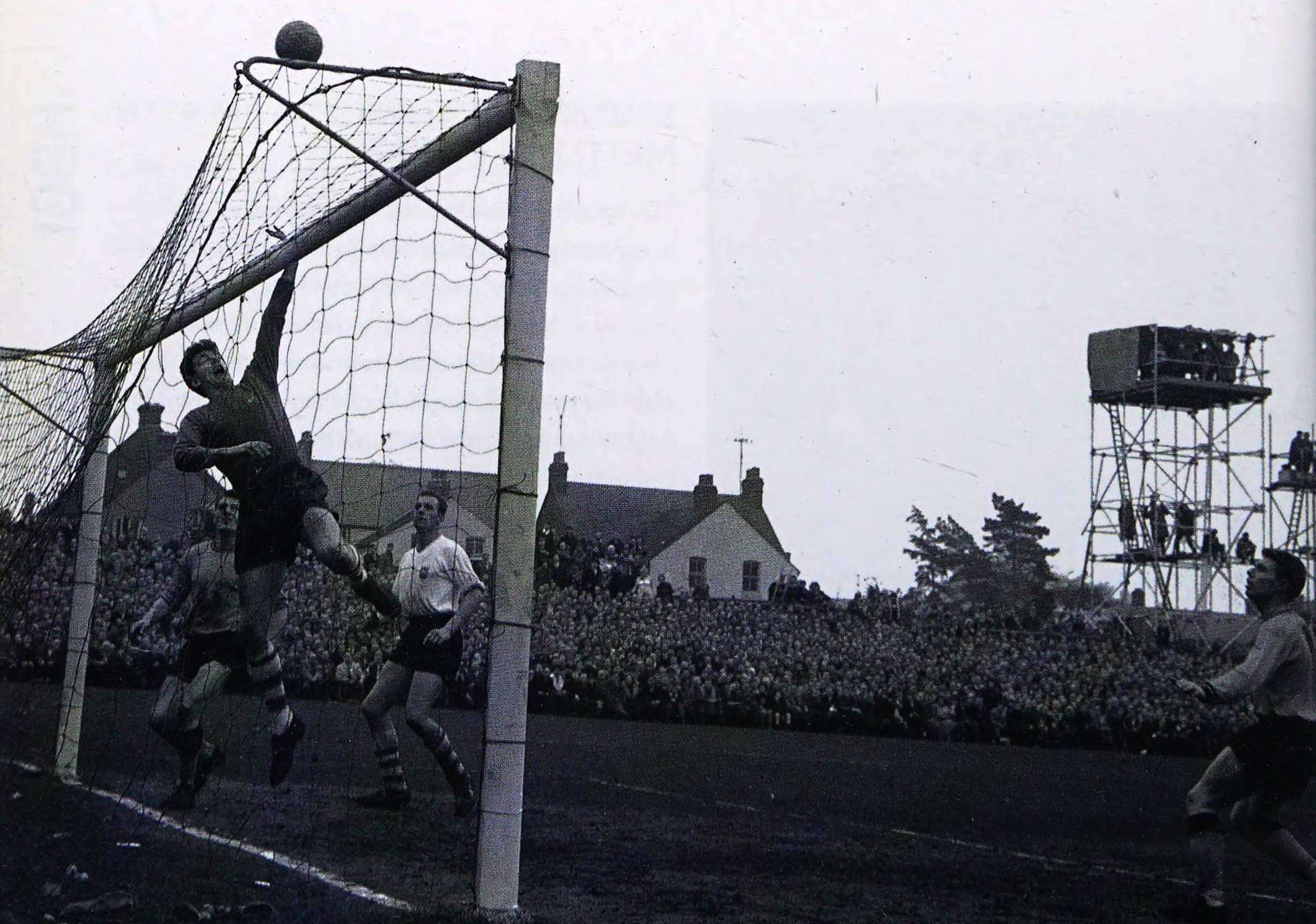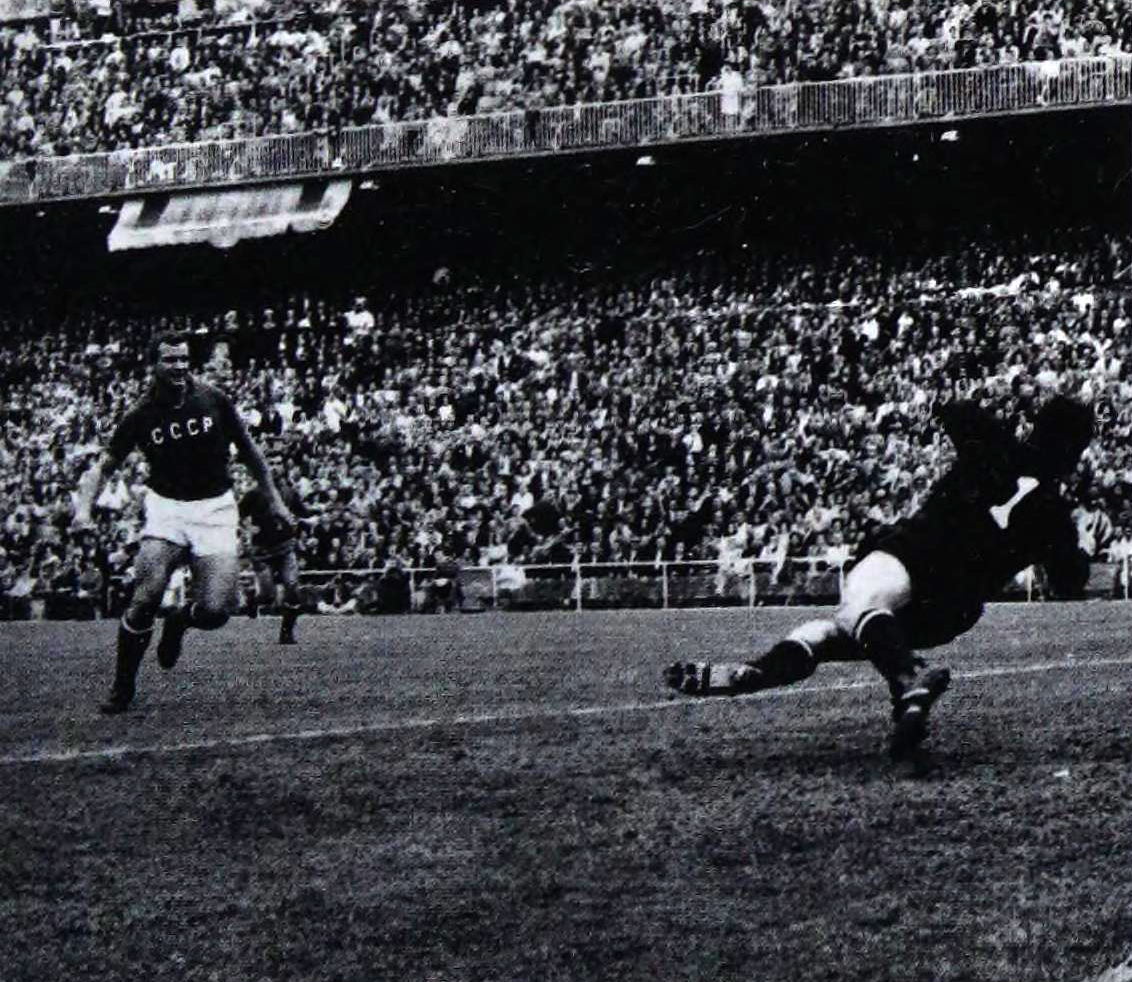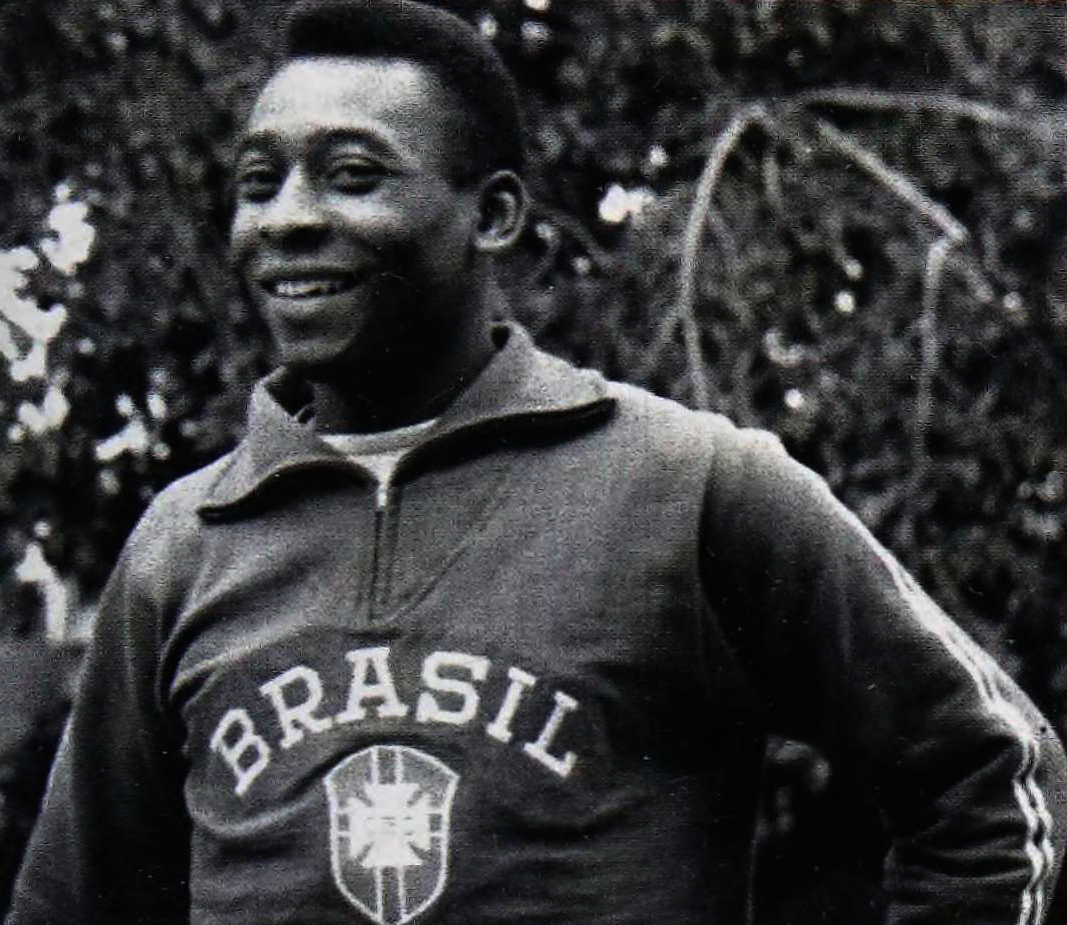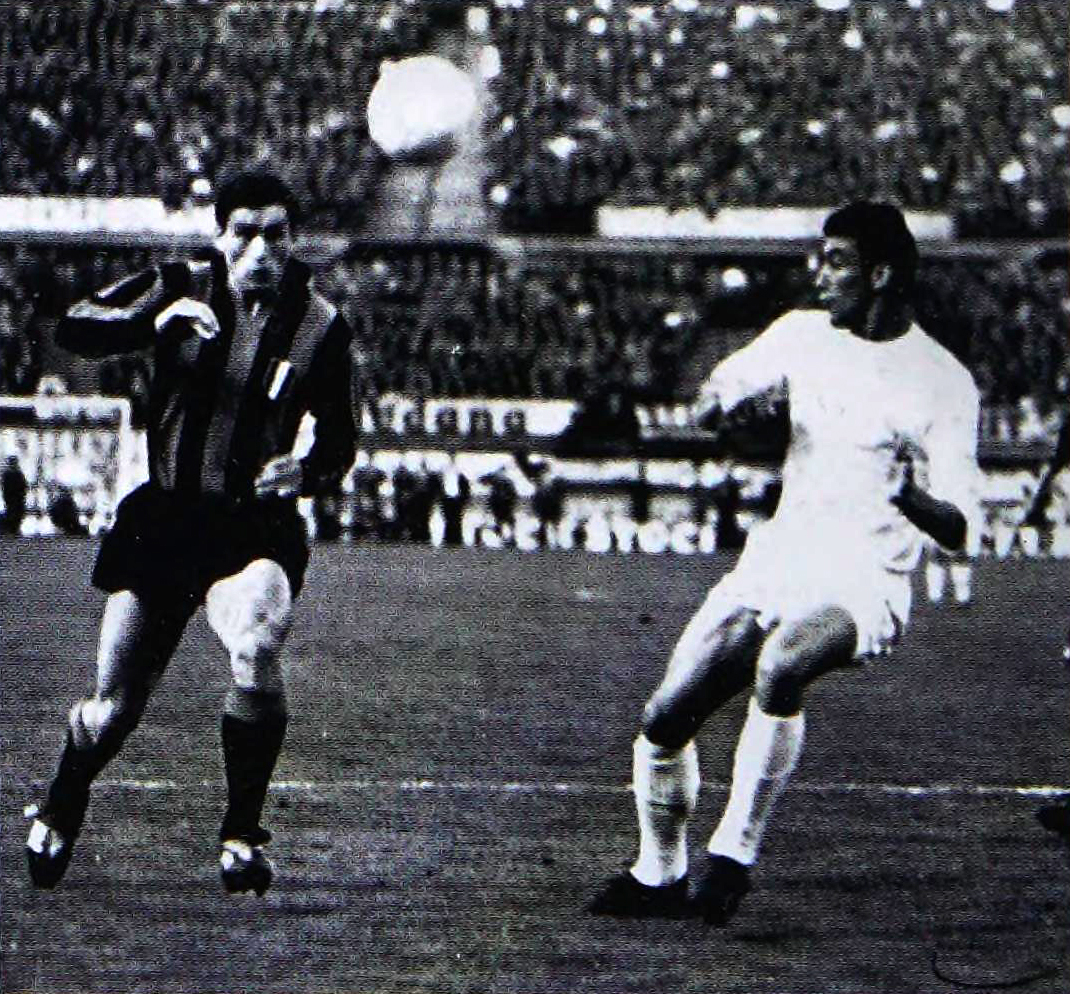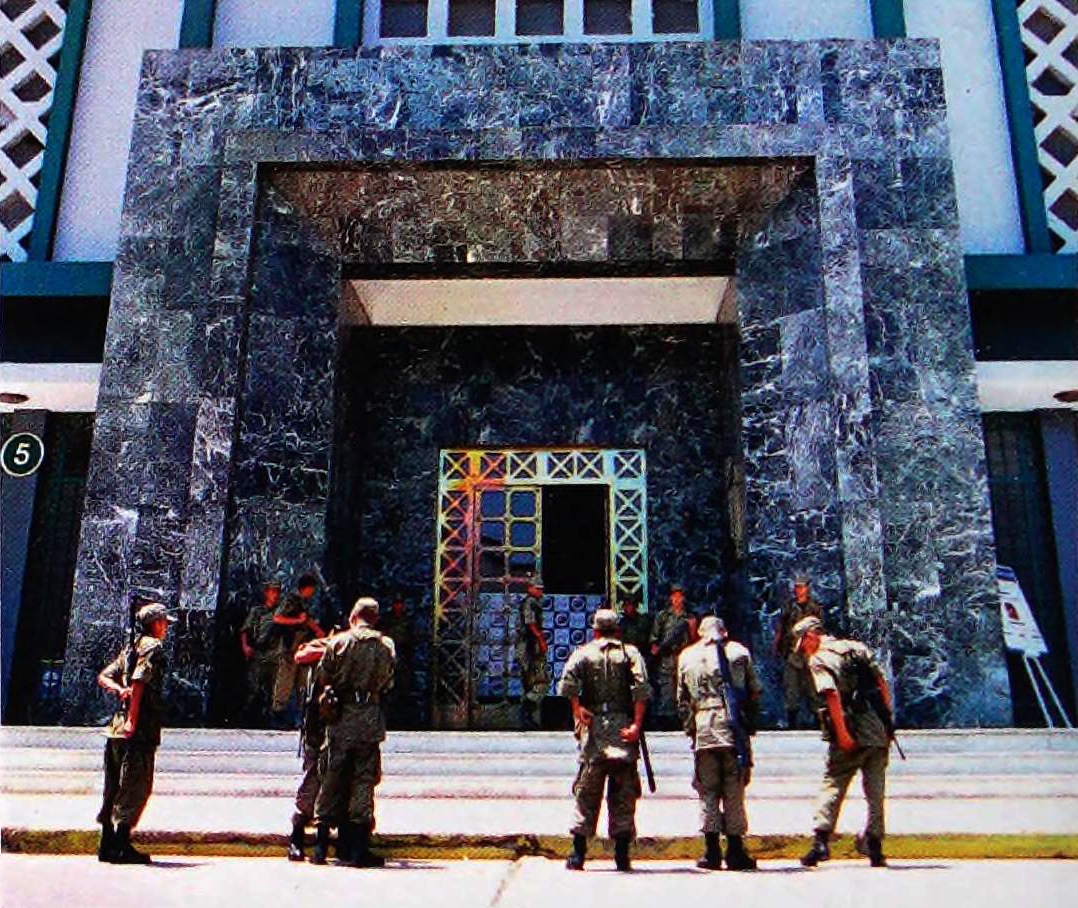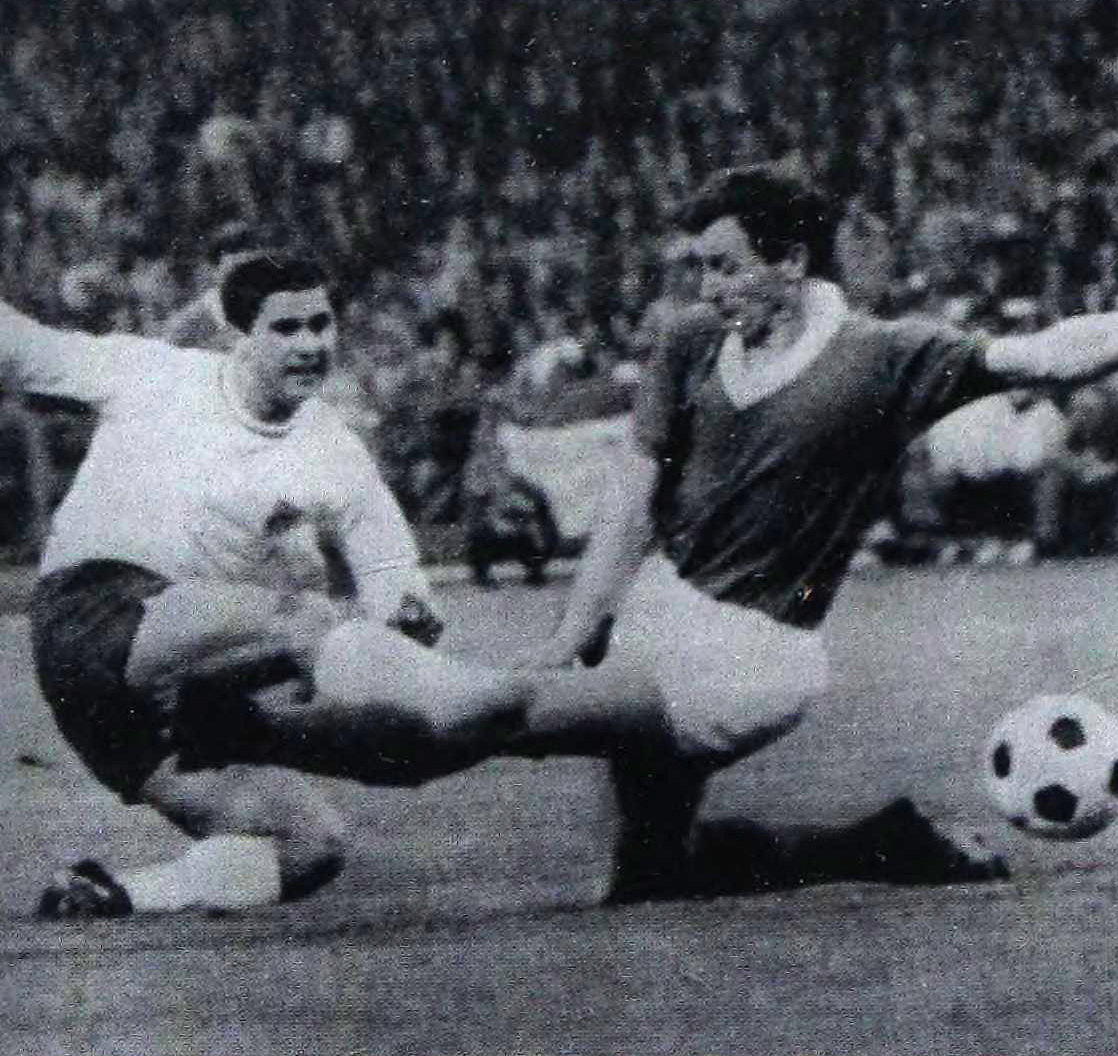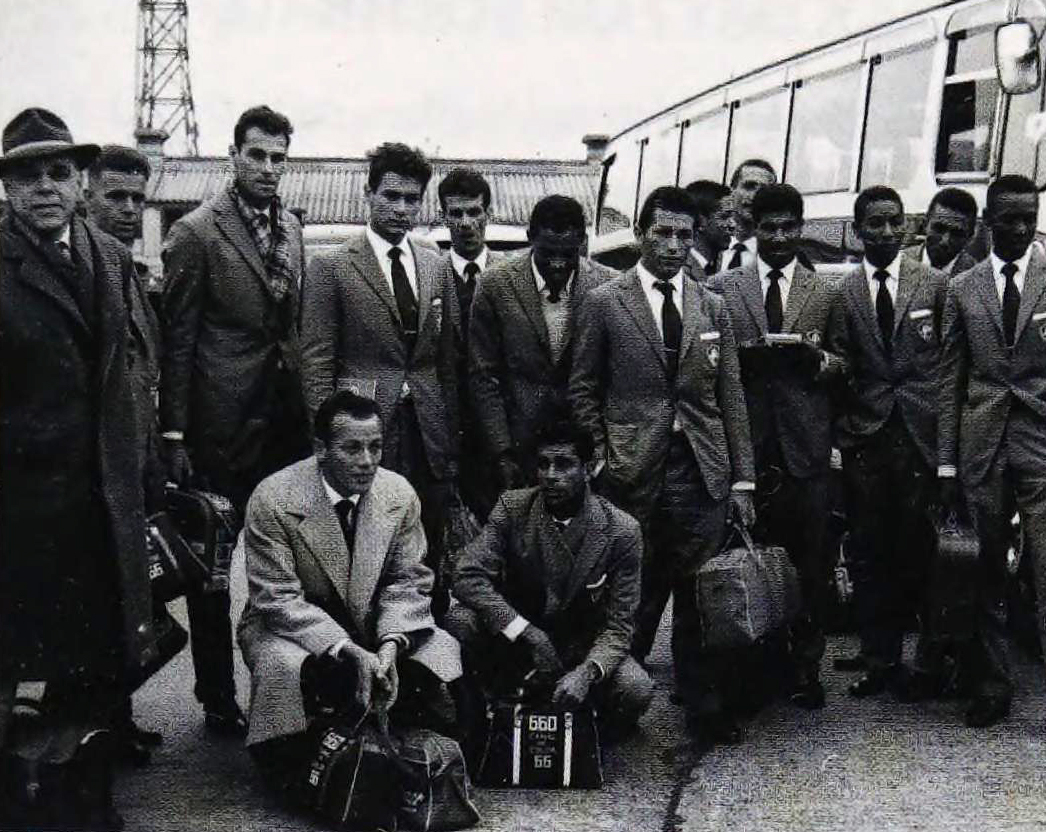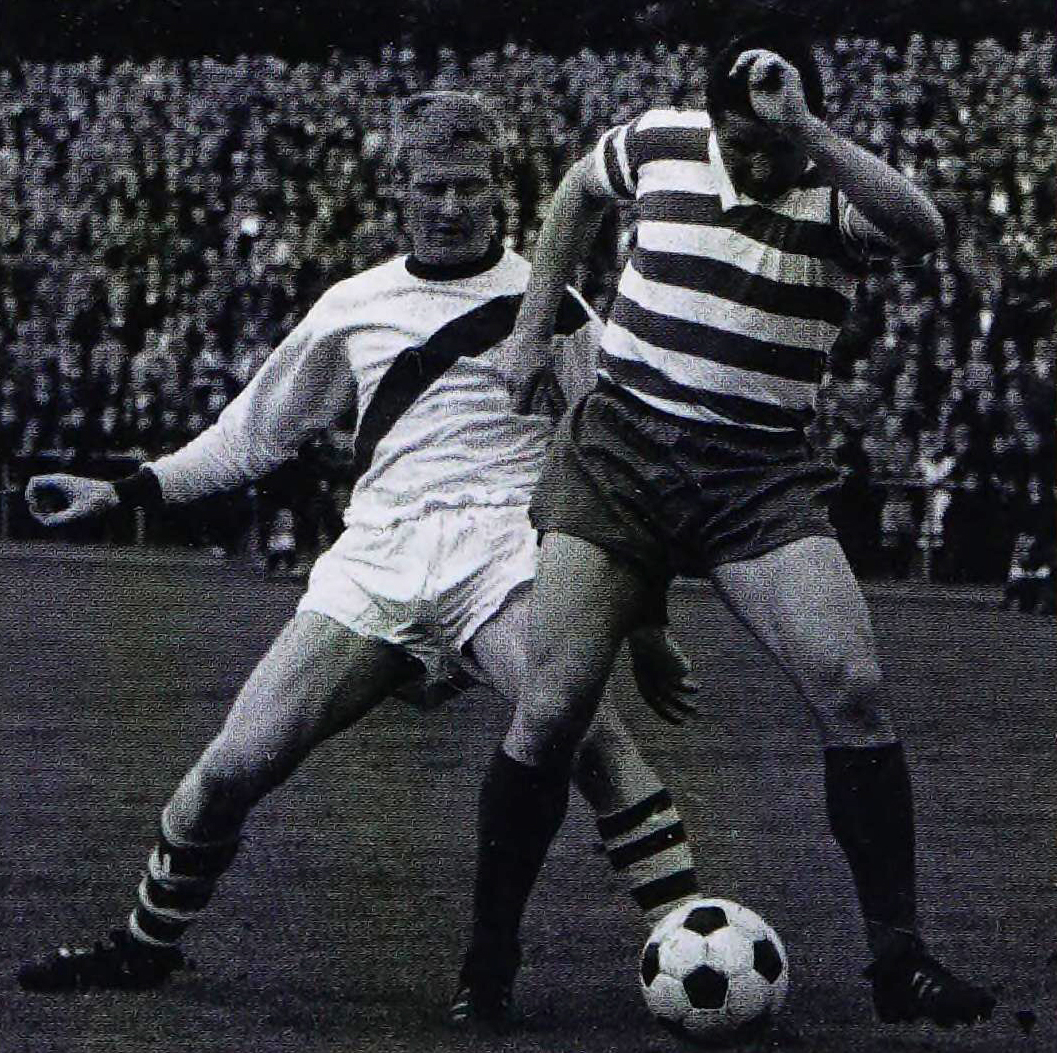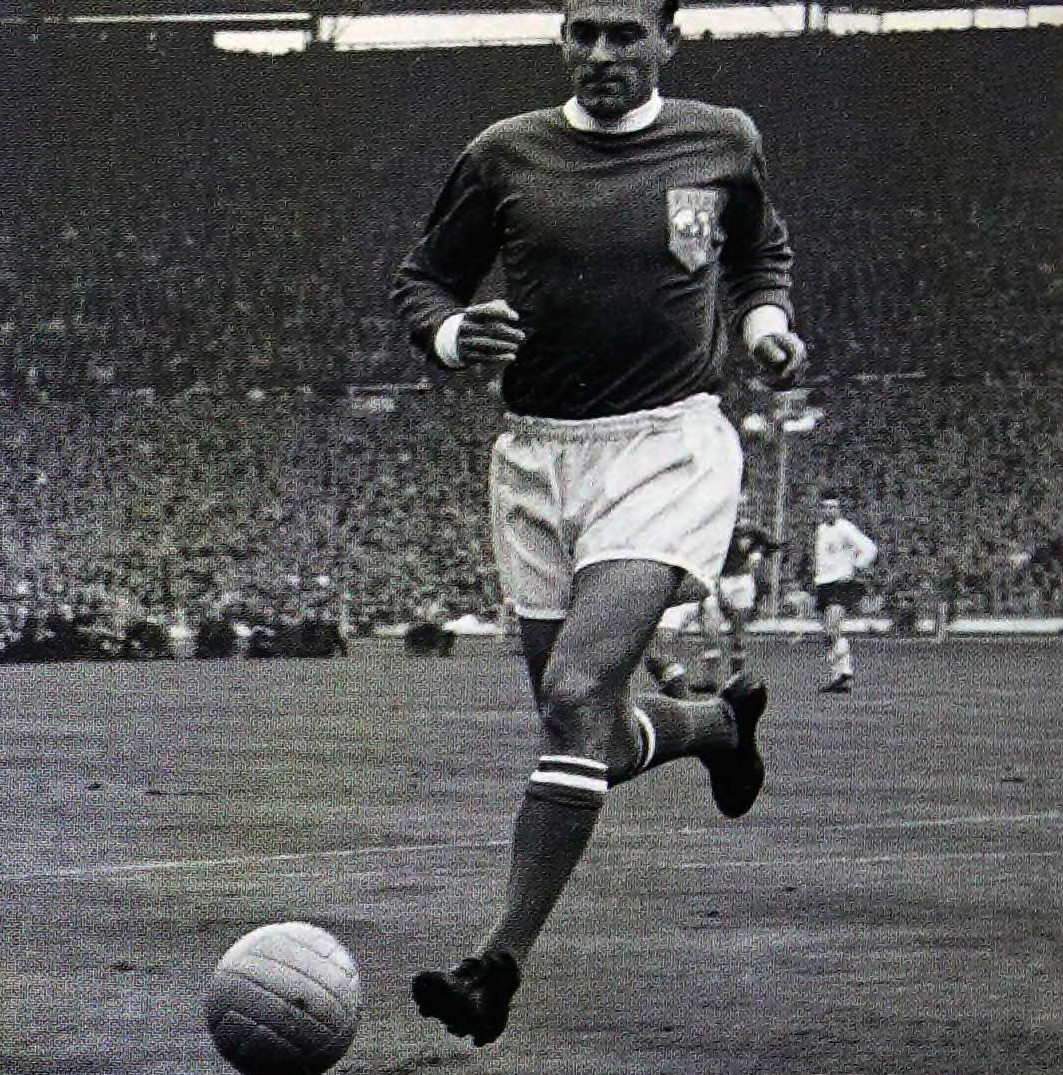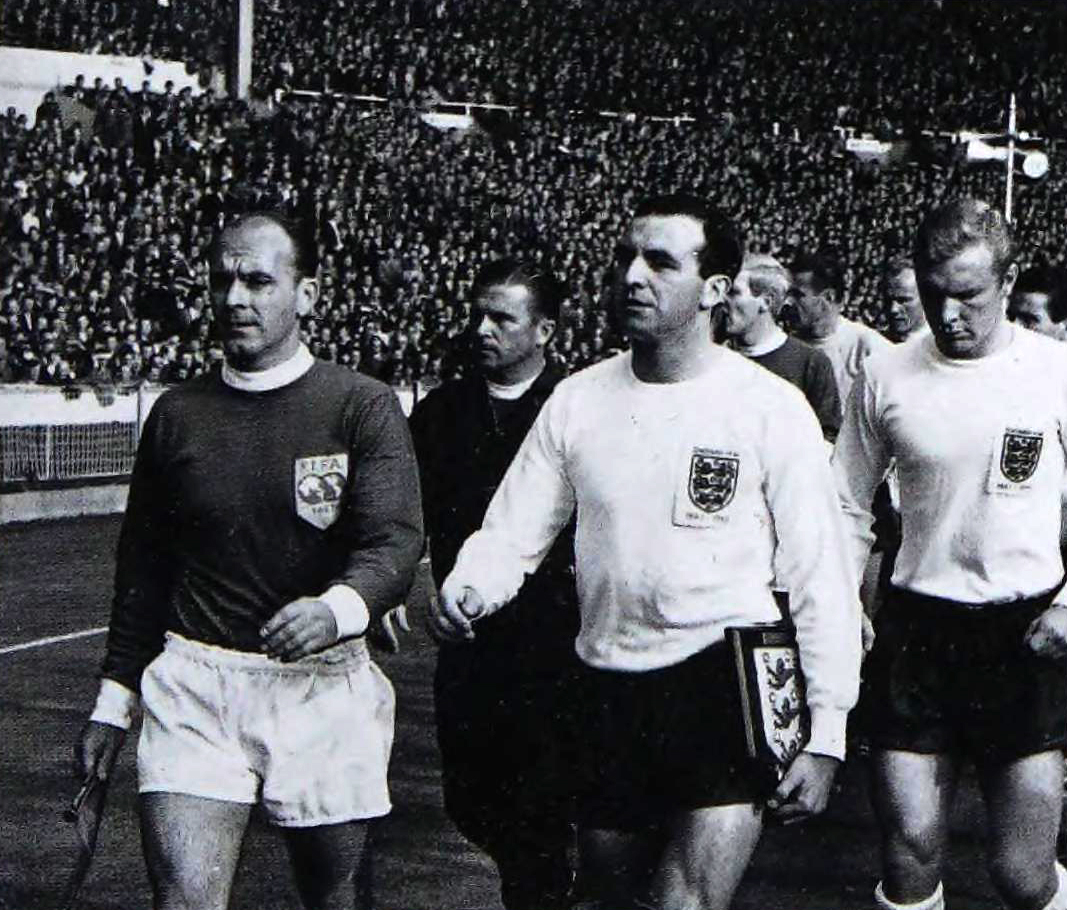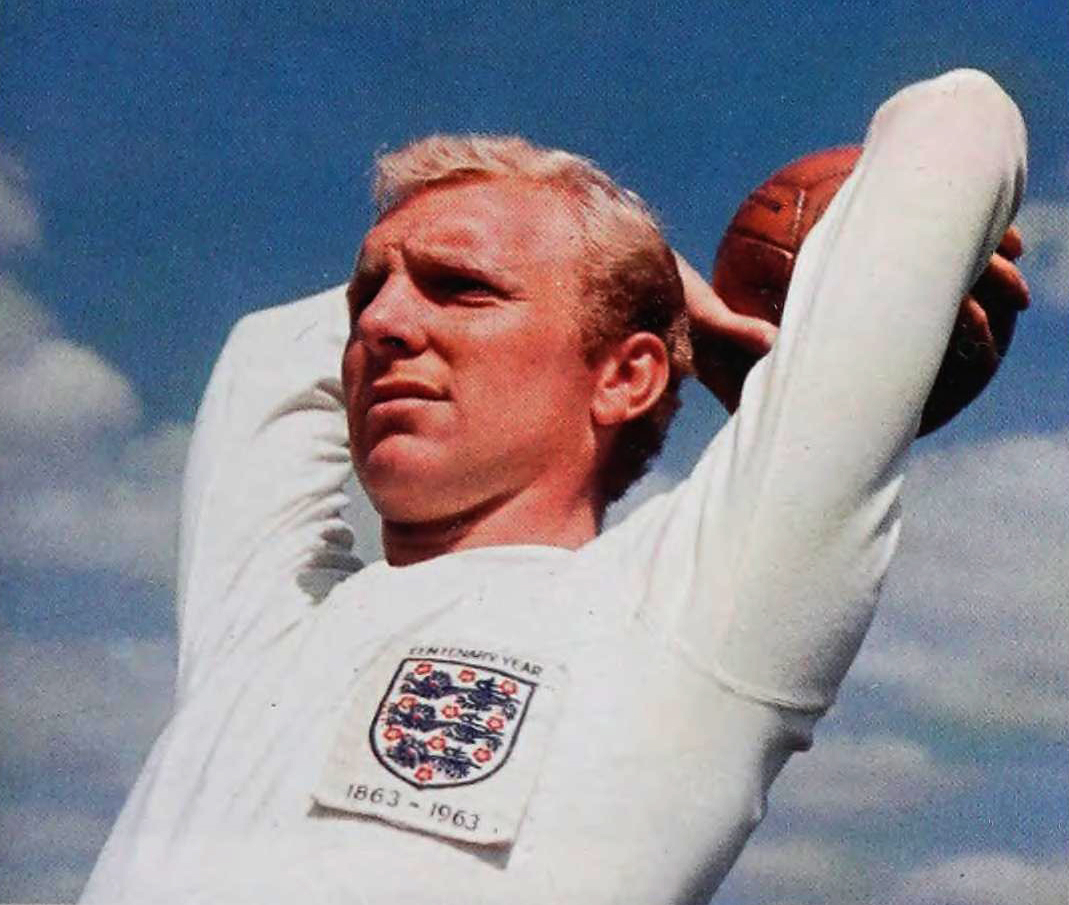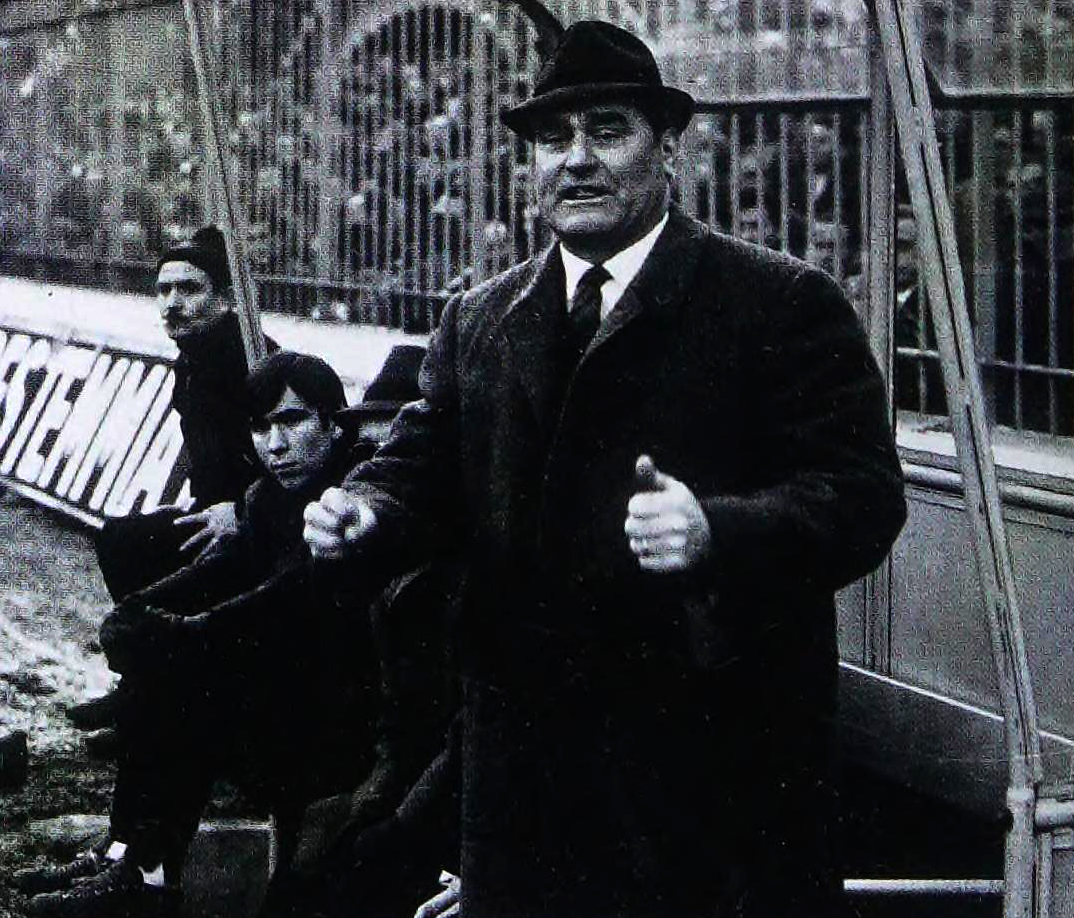Nr. 398
‘MATCH OF THE DAY’ GOES ON AIR (1964)
The Liverpool versus Arsenal match on 22 August 1964 delivered the right result for the 40,000 fans packed into Anfield- 3-2 in favour of the home side. For 20,000 people in London, the outcome was not so welcome, but at least they had the satisfaction of being the first in the country to have watched their team on Match of the Day.
Football had been shown on television for a number of years on an on-and-off basis before legendary broadcaster Kenneth Wolstenholme stood at pitch side, fixed a camera with a steady gaze and said, «Welcome to Match of the Day, the first of a weekly series on BBC Two. This afternoon we are in Beatleville…»
The limited TV audience was due to the fact that BBC2 had recently been launched and was only available in London – perhaps one of the factors that persuaded the FA to allow the programme to go out at all considering its paranoia over TV stealing gatetakings. From this low-key start MOTD went on to take the sporting nation by storm.
In the background can be seen some of the specially constructed stands for television and newsreel cameramen.

